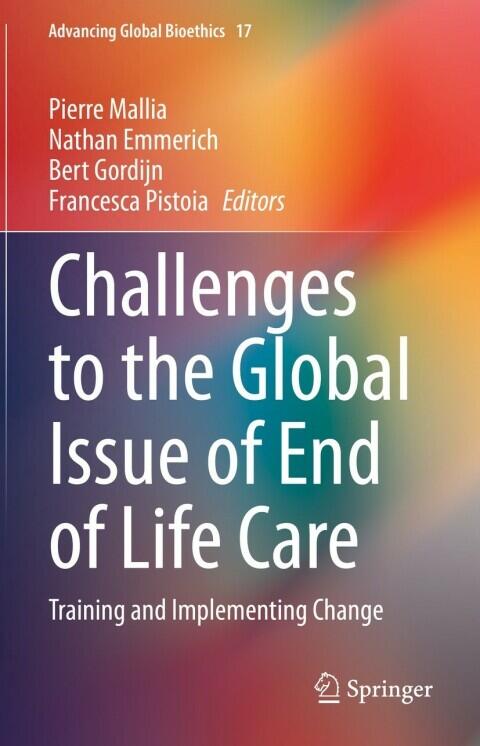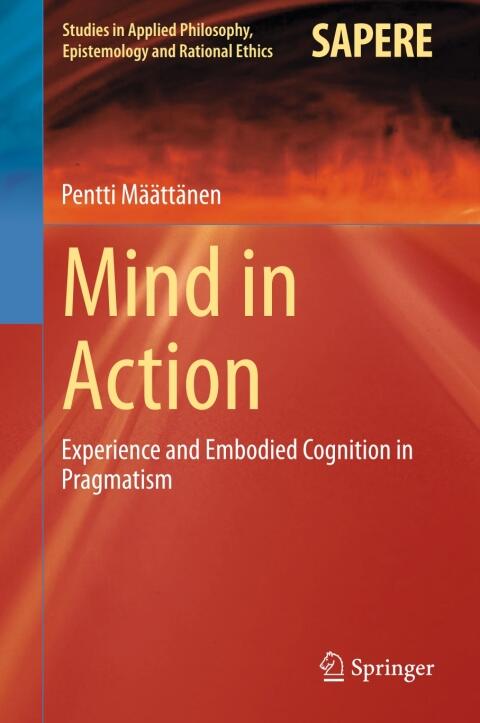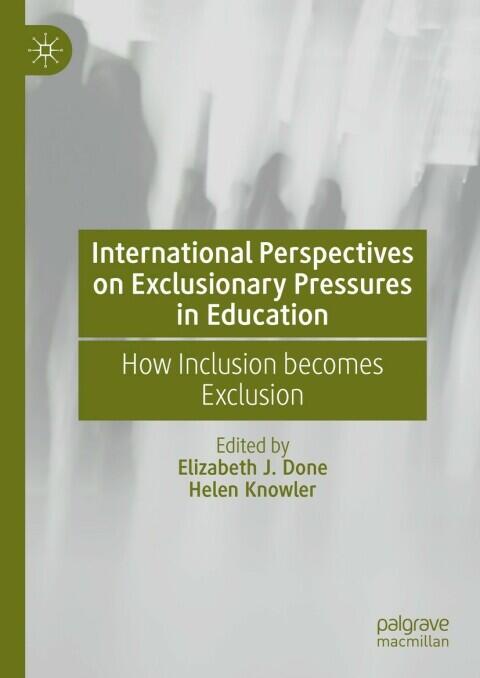
Challenges to the Global Issue of End of Life Care: Training and Implementing Change
아직 평점이 없습니다
Romance
Philosophy
Health & Wellness
형식
킨들
페이지
412
언어
독일어
출판됨
Jan 1, 2022
출판사
Springer
판
2
ISBN-10
3030863867
ISBN-13
9783030863869
설명
Within the realm of healthcare, the intricacies surrounding end-of-life care present myriad challenges that demand attention and action. This insightful work delves into the pressing issues faced by patients, families, and healthcare providers, emphasizing the necessity for comprehensive training and the implementation of effective strategies. By shining a light on the systemic barriers that often hinder quality care, the author aims to foster an understanding of the ethical and practical considerations that must be navigated in such sensitive circumstances.
Reddy explores innovative approaches to enhance the training of healthcare professionals, ensuring they are equipped to address not just the medical needs of patients but also their emotional, spiritual, and psychological requirements. Through a detailed examination of current practices and their limitations, the book advocates for a reevaluation of existing methodologies, urging institutions to embrace change in order to better serve those nearing the end of life.
Through case studies and expert insight, the narrative not only addresses the theoretical dimensions of end-of-life care but also provides actionable strategies for fostering a more compassionate and holistic approach. Ultimately, it serves as a vital resource for anyone involved in the complex landscape of healthcare, urging a collective effort to improve the dignity and quality of care at one of life’s most challenging stages.
Reddy explores innovative approaches to enhance the training of healthcare professionals, ensuring they are equipped to address not just the medical needs of patients but also their emotional, spiritual, and psychological requirements. Through a detailed examination of current practices and their limitations, the book advocates for a reevaluation of existing methodologies, urging institutions to embrace change in order to better serve those nearing the end of life.
Through case studies and expert insight, the narrative not only addresses the theoretical dimensions of end-of-life care but also provides actionable strategies for fostering a more compassionate and holistic approach. Ultimately, it serves as a vital resource for anyone involved in the complex landscape of healthcare, urging a collective effort to improve the dignity and quality of care at one of life’s most challenging stages.



















